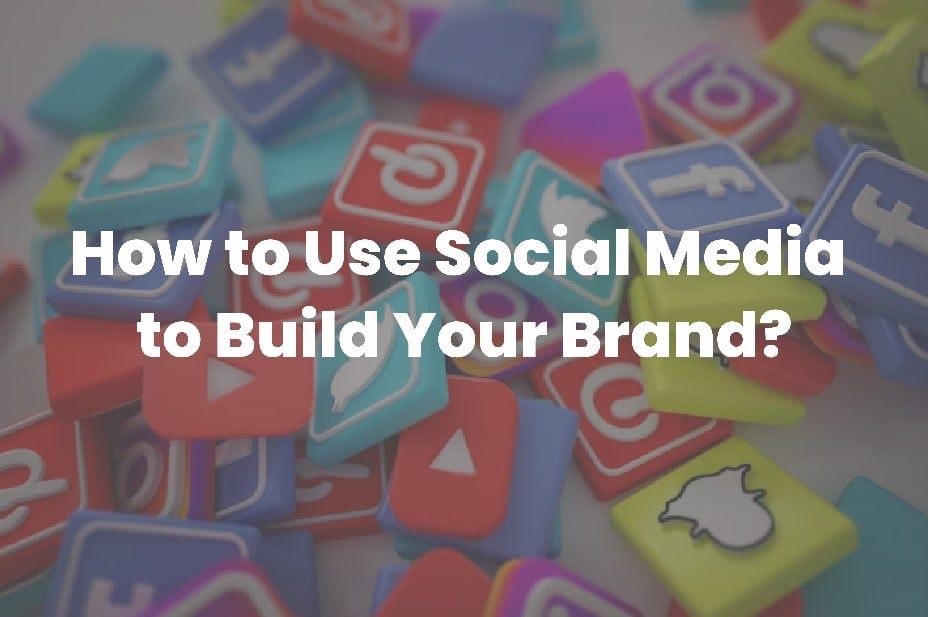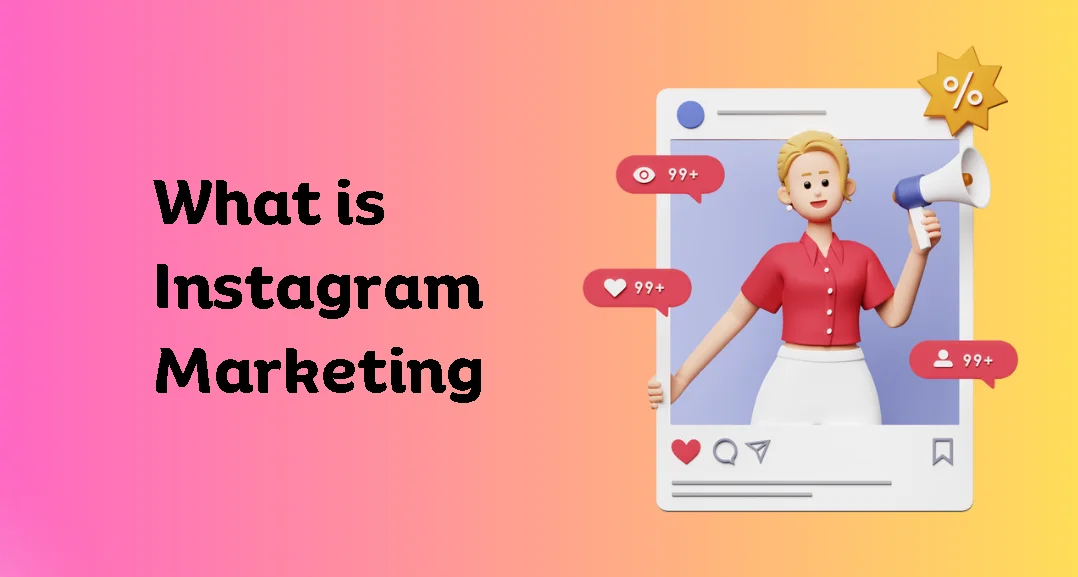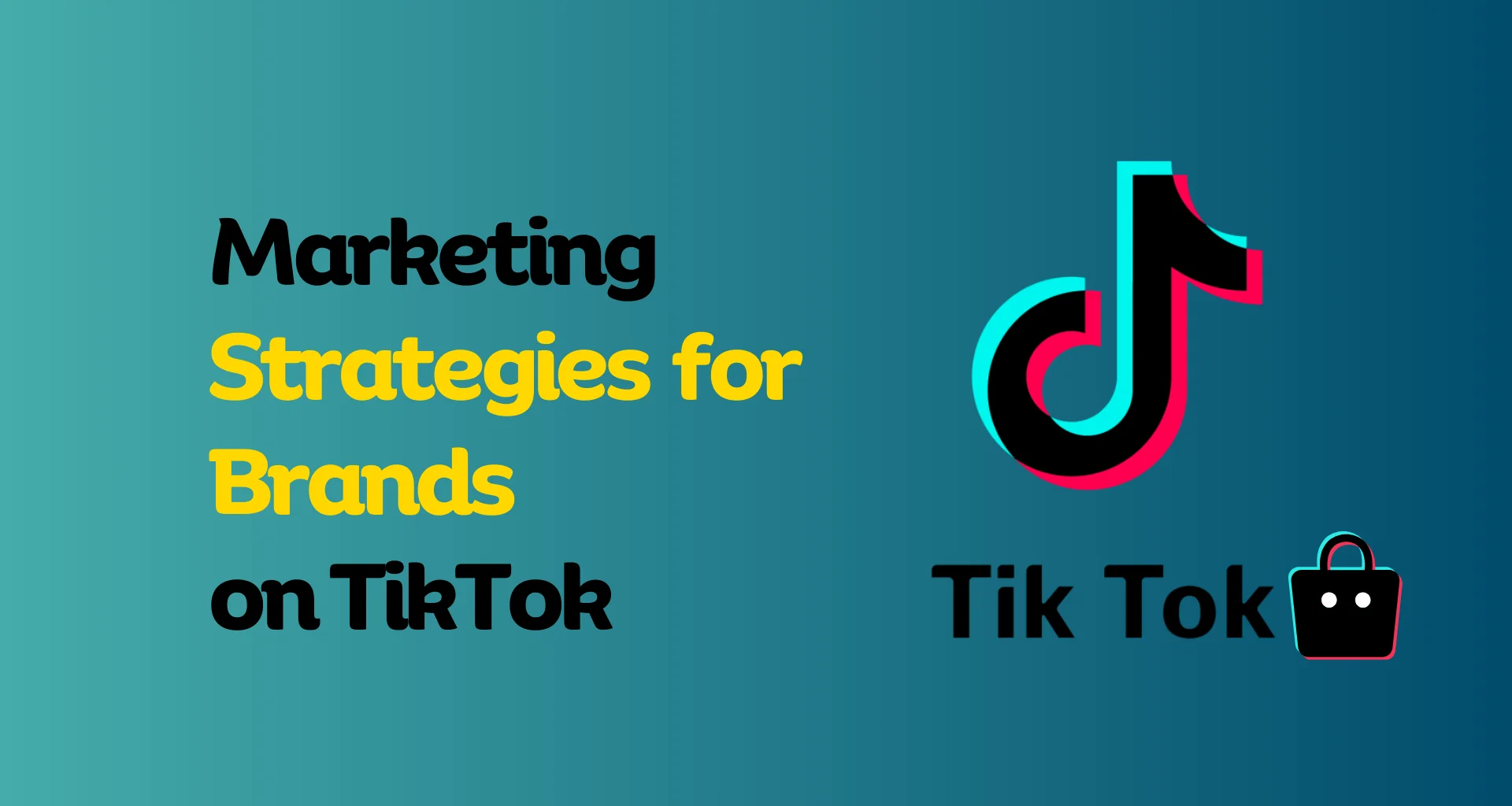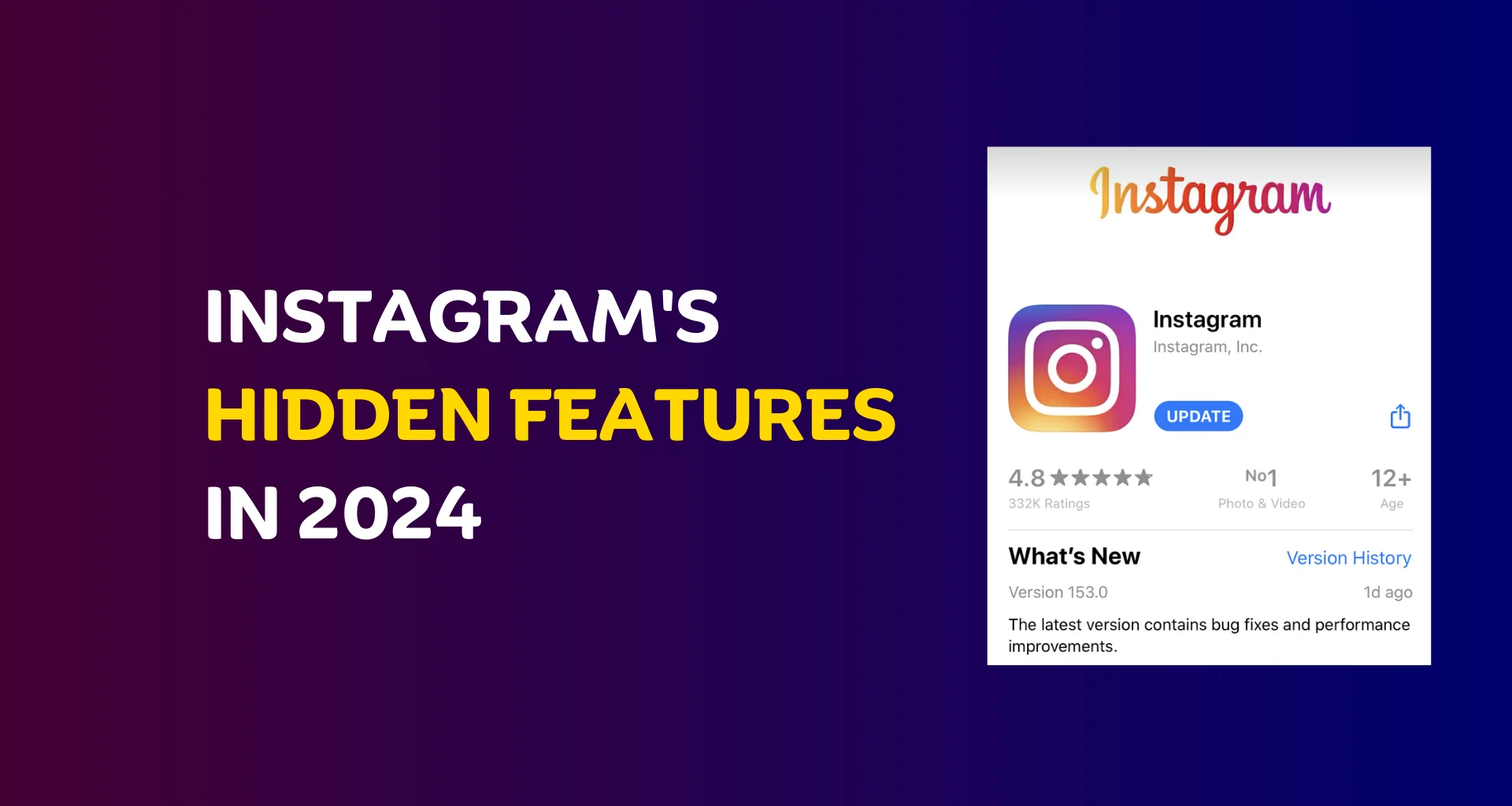In today’s world, where everything is connected through the internet, the virtual world is more than just an online world. It reflects our personality, beliefs, and how we interact with the world.
In this world where social media is the pinnacle of all platforms, personal branding is more the process where you can create your identity for yourself and influence the way this world perceives you. But then the question that arises is:
How Can You Use Social Media to Create and Enhance Your Brand?
Worry not, Join us on a transformative journey through the rough seas of personal branding in the digital era. In this article, we’ll teach you strategies, insights, and tactics that will help you sail thoroughly through the ocean of social media. You will be equipped with all the necessary pieces of information, tools, and resources to become an expert in personal branding.
Throughout this journey, you’ll learn how to build a unique online presence and create meaningful connections with your audience. You’ll discover how to build a

Compelling a brand story that relates to your target audience, using data-driven steps to strengthen your digital marketing strategies and leverage your social media platforms to build your brand. By the end of this article, you’ll find creating the social media brand wasn’t that hard after all though it takes time and a lot of hard work.
So what are you waiting for, Get ready and set sail let’s help you build up a personal brand!
What is Personal Branding Exactly, and Why is it Important?
Personal branding is a strategically planned method of creating and managing your online brand to represent a particular image or identity of you. To create a unique and compelling persona, you need to identify and communicate your special qualities, values, and skills. Personal branding makes you stand out in the flock of content and puts you in control of your online existence.
Making Your Personal Brand Story
Your brand needs an integrated story, just as a ship needs a strong structure and a straightforward course. Start by addressing these important questions to yourself:

How Do You Feel? Examine yourself closely and acknowledge your strengths, passions, and values. What distinguishes you from other professionals who specialize in your field?
What Do You Hope To Achieve? What are your long-term objectives, and how do they fit with your personality and your field of expertise?
What exactly is Your Targeted Market? Understand the people you wish to connect with and engage with them as your target audience. What are their preferences, requirements, and challenges?
Why is it so Important to have a Personal Brand Narrative?
Your brand is shaped by the story you tell. It drives your interactions, decisions, and content to make sure every part of your online presence relates to your originality and purpose
Choosing the Right Social Media Platforms for Your Brand
In today’s world, social media is an excellent way to build and strengthen your brand. However, with so many social media platforms to choose from, it’s important to select the right medium that aligns with your brand objectives. Here are some factors to be considered when selecting your platforms:

1. Your Target Audience: It is crucial to determine where your audience spends the most time. For instance, if you’re a professional, LinkedIn might be ideal for you, while Instagram views may be more suited for visual artists.
2. Content Type: Different social media platforms cater to different content formats. Consider the type of content that best represents your brand. If you’re a storyteller, platforms like Medium or Twitter may suit more for your content.
3. Your Expertise: Determine where you can show your knowledge and expertise most effectively. For example, if you’re a photographer, platforms that emphasize visual content, like Instagram or Pinterest, may be more optimal for you.
Choosing the right social media platforms for your brand can help you reach and connect with your target audience effectively.
How Does the Decision of Choosing the Right Platform Affect the Impact of Your Brand?
By picking the right platforms for your business, you can make sure that only the right audiences see your content. You can target specific audiences in this way and create content that fits their interests and demands. To grow your audience and ensure that as many people as possible receive your message, you can use a variety of platforms.
Crafting Your Social Media Profile
This is one of the important components of your brand, your social media profiles should be built with care. Follow these steps to create a profile that accurately reflects your brand:
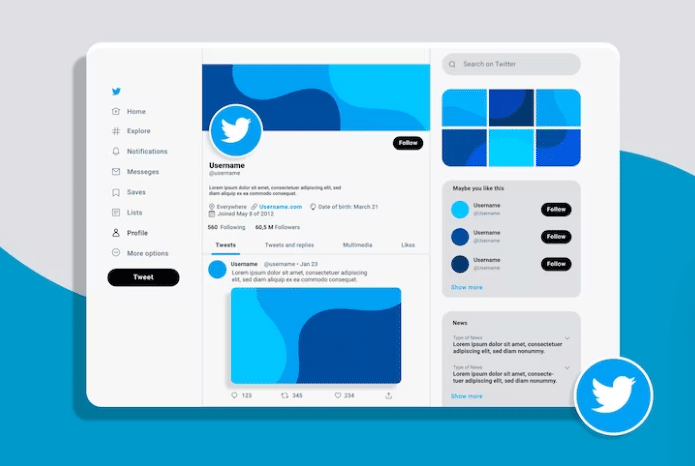
Consistency: Make sure that you use the same profile picture and bio across all platforms to create a consistent online identity.
Alignment: Your bio should communicate who you are, what you do, and what makes you unique. Highlight your value proposition and align it with your brand.
Visual Appeal: Choose visuals that resonate with your brand. Whether it’s a professional picture of yours or an eye-catching image, make sure it sets right with your narrative and appeals to your target audience.
Contact Information: Make sure that your contact details are easily accessible for those who wish to connect or collaborate with you. This will help you build meaningful connections and expand your network.
Why are Thoughtfully Designed Profiles Important for Personal Branding?
Profiles are incredibly important when it comes to personal branding as they are usually the first impression people have of you when they engage with you online. Therefore, it is essential to have a well-made profile that effectively communicates your brand identity, making it easier for others to comprehend and engage with you.
Sharing Your Content
Sharing your content is an important point of building your brand. To do so simply, you need to strategize your content creation and sharing. Here are some of the tips that’ll help you manage the world of content

Quality first: Always keep in mind quality over quantity when creating content. Your focus should be on producing high-quality content rather than a higher number of content, which should align with your expertise and relate to your audience. Compared to consistent offering, value is more important than frequent but shallow posts.
Content calendar: Create a content calendar that outlines topics, formats, and release dates. This ensures the growth of relevant content that keeps your audience engaged.
Engagement: Actively engage with your audience by responding to comments, asking questions, and participating in discussions related to your niche. This helps to build a relationship with your audience and establish yourself as a legitimate in your field.
Visual storytelling: Visual content, such as infographics or videos, can be powerful tools to convey complex ideas or tell interesting stories. Adding visual elements to your content can help you communicate your message more effectively and stand out from the crowd.
Why Does Content Play Such an Important Part in Personal Branding?
Your content and personality are displayed through your content, which acts as an instrument for communication. It helps you seize the opportunity to prove your worth, show off your abilities, and establish a much deeper connection with your audience.
Building Networks and Collaboration
You’re not alone in your niche there will be hundreds or thousands of others too so rather than considering them as competitors think of them as allies. Building alliances and collaborating with others can help you grow your brand’s reach. Here’s how:
Networking: Actively engage with individuals who share your interests or content. Connect with them, join relevant groups or forums, and participate in discussions.
Collaboration: Collaborate with others in your field for cross-match content, collaborative campaigns, live sessions, etc. Such partnerships introduce your brand to new audiences.
Guest Contributions: Contribute guest posts or articles to trusted websites or platforms in your niche. This expands your reach and positions you as an authority.
How Can Collaboration and Networking Promote Your Brand?
Collaboration and networking are like going on journeys with other experienced sailors. They stretch your perspectives, expose you to various audiences, and increase customer trust in your brand.
Tracking Your Brand’s Progress
It’s necessary to keep updated with your brand’s evolution as you grow in the world of social media.
Analytics, online reputation management, and feedback are all crucial components of a successful social media strategy. By monitoring key metrics like engagement rates and follower growth, you can gain insights into your audience’s behavior and make your content better according to their needs. Regularly searching for your name or brand online can help you address any negative feedback or issues quickly while asking for feedback from your audience can provide valuable insights for improvement.
Conclusion
Remember that growing your brand is constantly changing as we conclude. It involves creating a story that reflects your principles, openly sharing your knowledge, and getting involved with a community that connects with your message.
The secret to success lies in building relationships and developing a society with values of trust and loyalty. In addition, you must consistently communicate your message and work hard to improve the client experience. Finally, you must be open to criticism and use it to strengthen your brand.
Your personal brand is not just a virtual persona, it’s an ever-evolving legacy that you’re building. Always keep in mind that your brand acts as a guiding light, leading you toward a future where your unique personality and content shine bright on social media. As you continue to navigate through the vast horizon of social media, remember to stay genuine to your brand and let it be the driving force behind your online existence.
